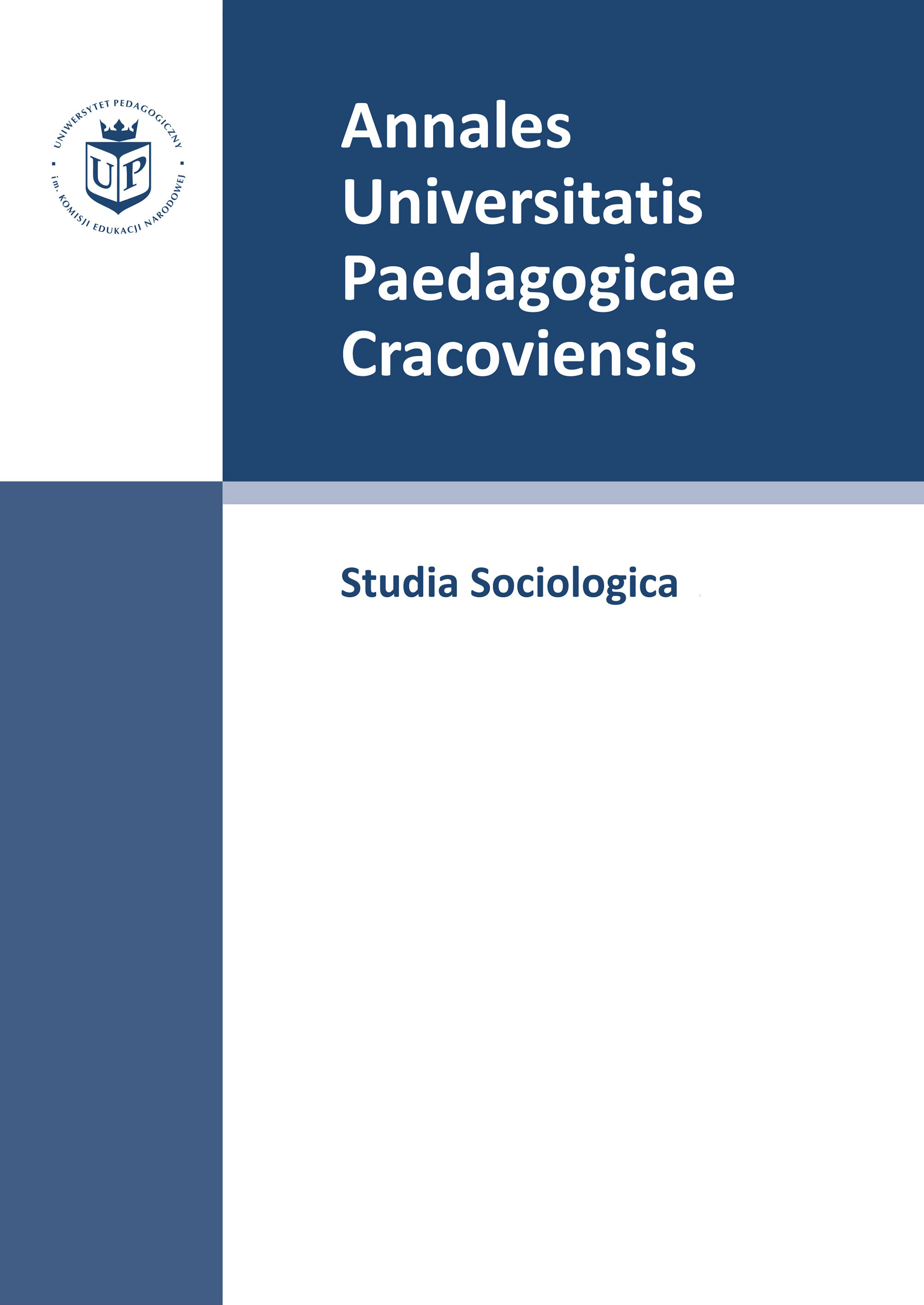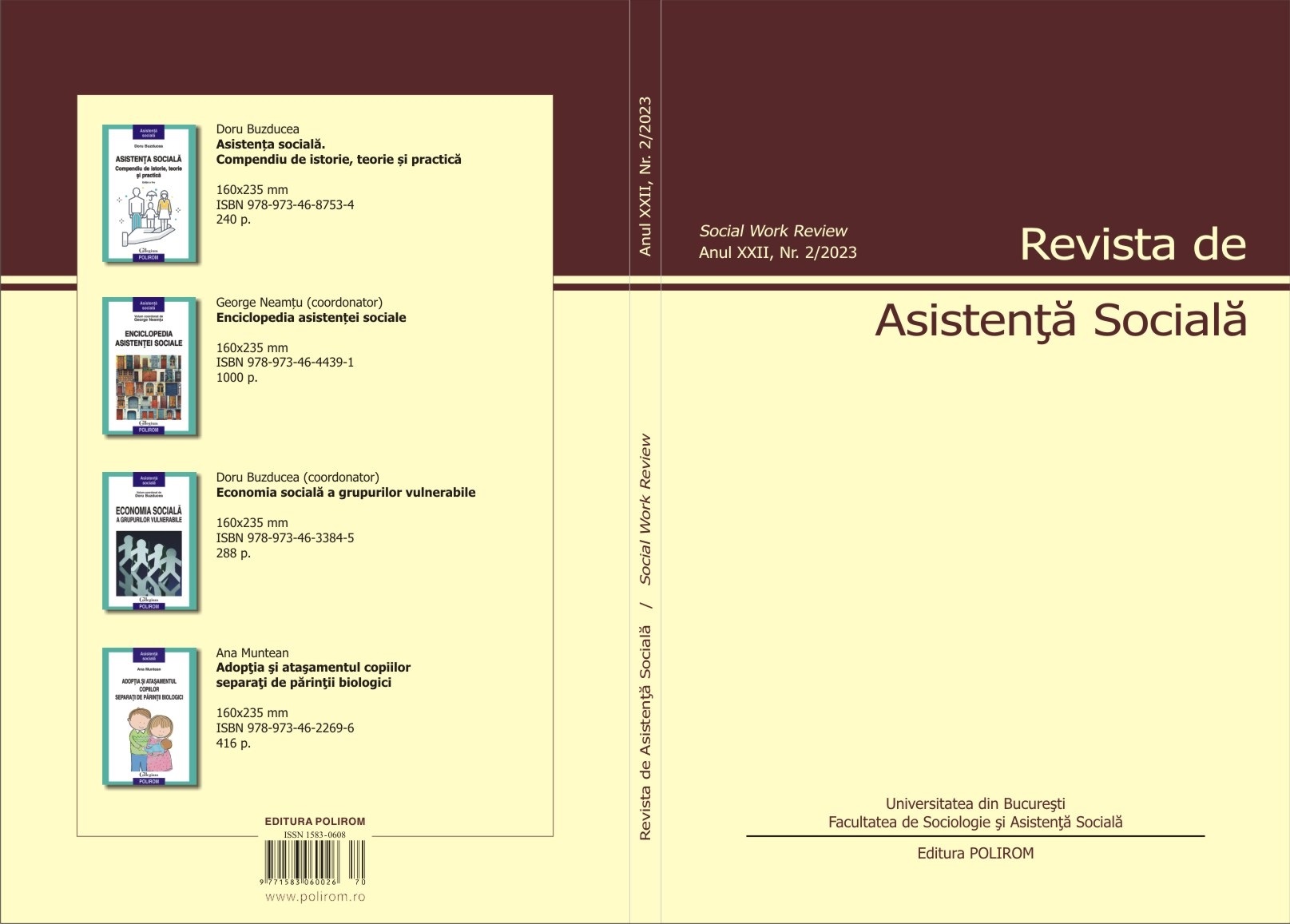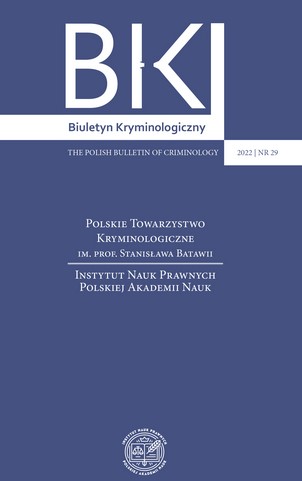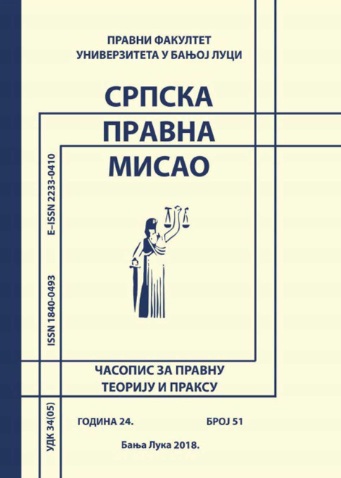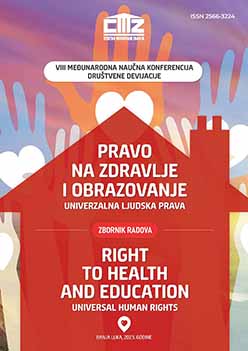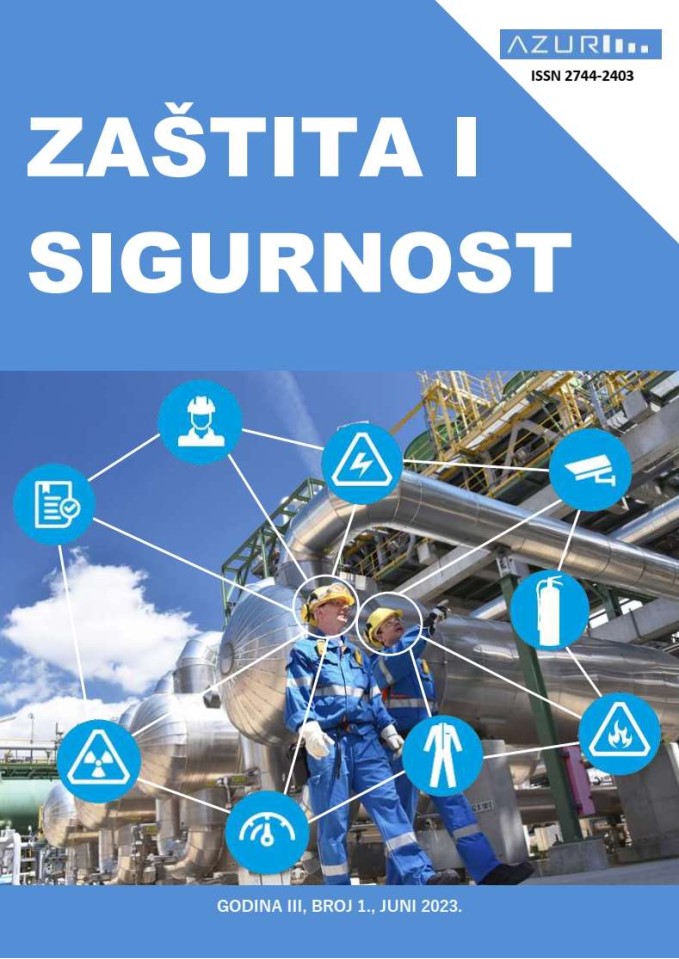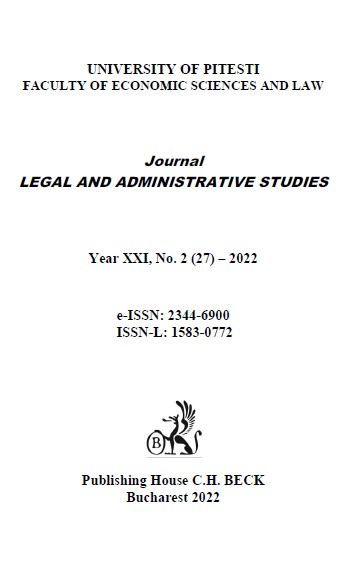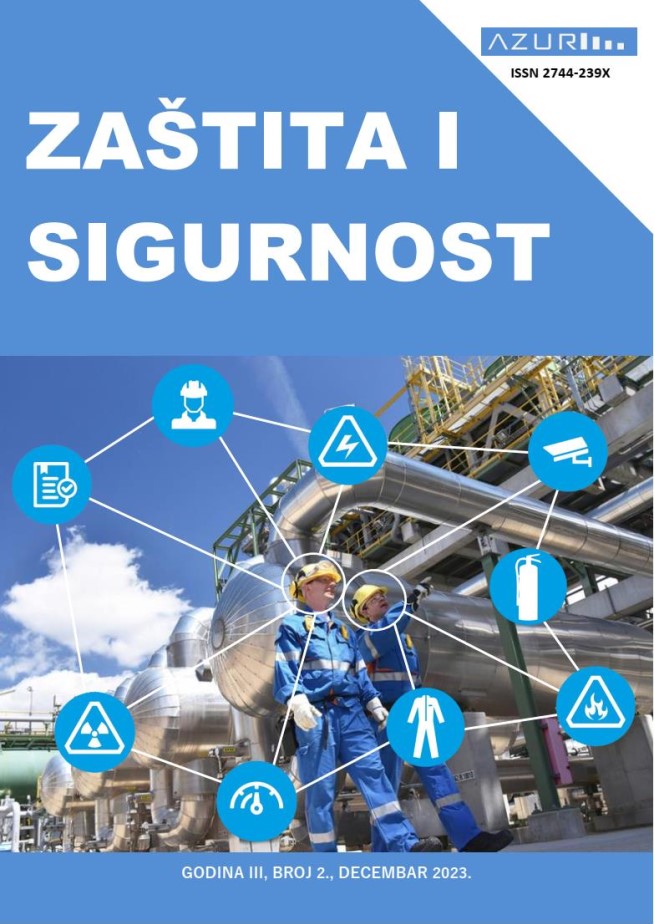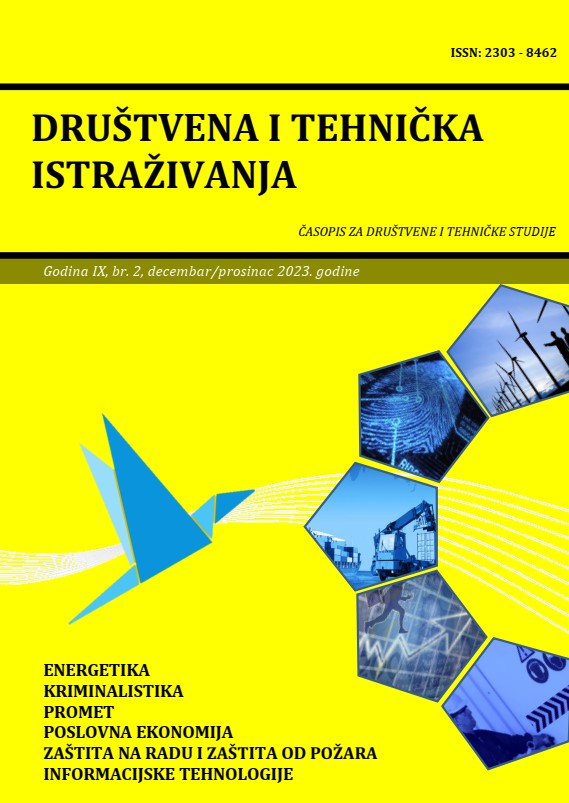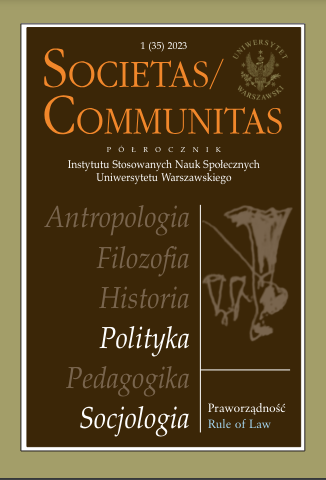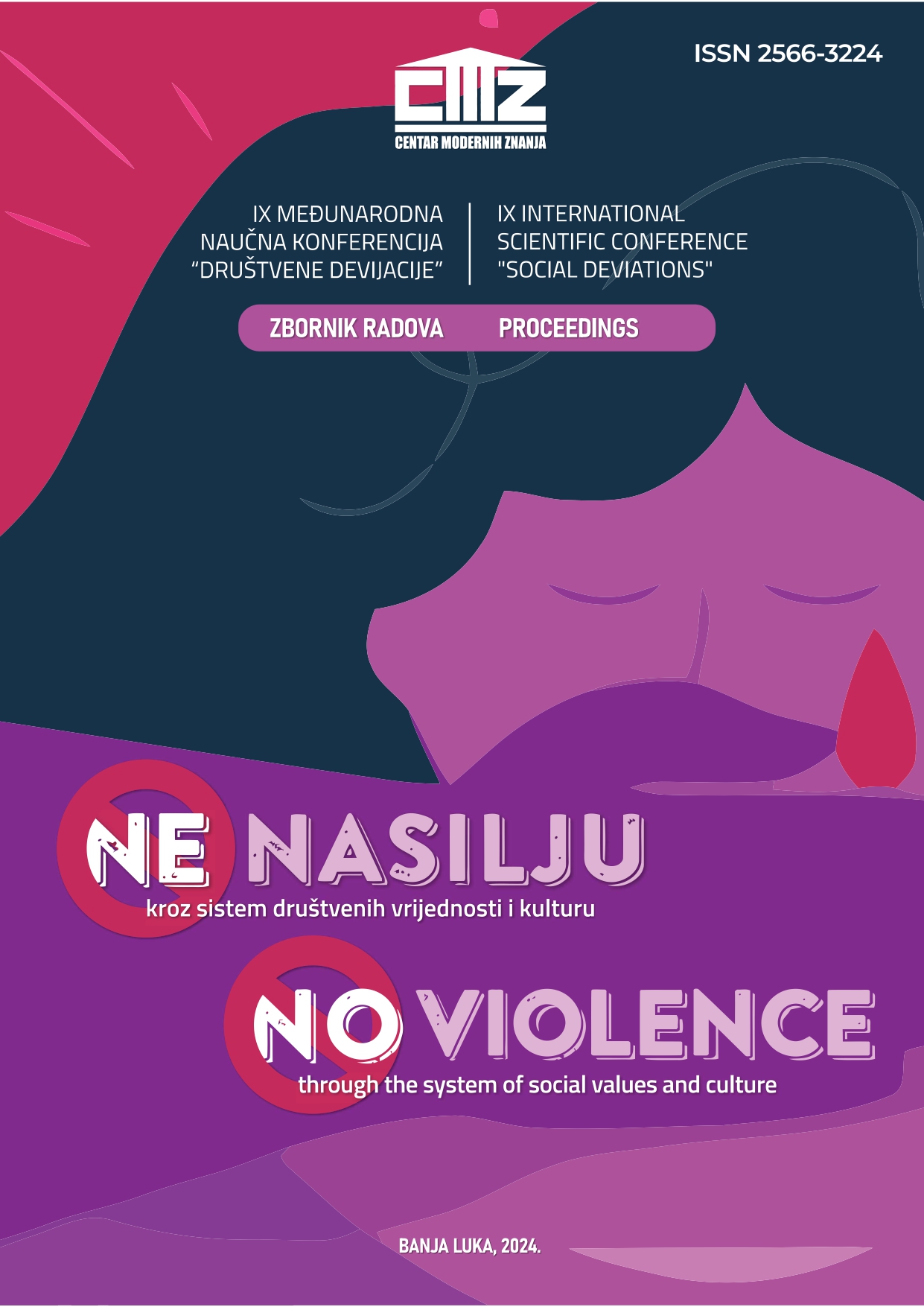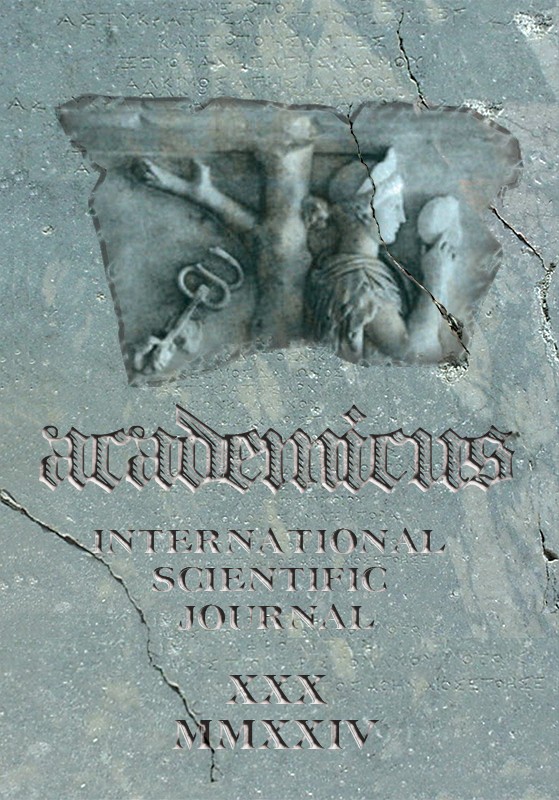Author(s): Paweł Ostaszewski / Language(s): English,Polish
Issue: 29/2022
Review of:
Jan Widacki, Wojciech Dadak, Magdalena Grzyb, Anna Szuba-Boroń, Kryminologia. Zarys systemu, C.H. Beck, Warszawa 2022, 448 s.
Maria Niełaczna, Joanna Klimczak (red.). Dożywotni więźniowie. Najlepsi z najgorszych i źli stale, Wydawnictwa Uniwersytetu Warszawskiego, Warszawa 2022, 850 s.
Jarosław Utrat-Milecki, Penologia ogólna. Perspektywa integralnokulturowa. Tom 1. Kara kryminalna jako ogólna kategoria instytucji prawnej i społecznej Wydawnictwa Uniwersytetu Warszawskiego, Warszawa 2022, 380 s.
Jarosław Utrat-Milecki, Penologia ogólna. Perspektywa integralnokulturowa. Tom 2. Podstawy teoretyczne polityki karnej, Wydawnictwa Uniwersytetu Warszawskiego, Warszawa 2022, 448 s.
Paweł Ostaszewski, Między przemocą ekonomiczną a karaniem za długi. Kryminologiczne studium przestępstwa niealimentacji, Wydawnictwo Instytutu Wymiaru Sprawiedliwości, Warszawa 2022, 298 s.
Joanna Klimczak, Dominik Wzorek, Eleonora Zielińska. Europejski nakaz dochodzeniowy w praktyce sądowej i prokuratorskiej – ujawnione problemy i perspektywy rozwoju Wydawnictwo Instytutu Wymiaru Sprawiedliwości, Warszawa 2022, 198 s.
Dominik Wzorek, Joanna Klimczak, Eleonora Zielińska, Kara ograniczenia wolności i jej rola w resocjalizacji sprawców przestępstw, Wydawnictwo Instytutu Wymiaru Sprawiedliwości, Warszawa 2022, 265 s.
Justyna Włodarczyk-Madejska (red.), Mediacja w postępowaniu sądowym. Wyniki badań aktowych i analiz statystycznych, Wydawnictwo Instytutu Wymiaru Sprawiedliwości, Warszawa 2022, 384 s.
Angelika Cieślikowska-Ryczko, Rodzice więźniów. Studium doświadczeń, Wydawnictwo Uniwersytetu Łódzkiego, Łódź 2022, 204 s.
Agnieszka Jaros, Naznaczone. Radzenie sobie z etykietowaniem w narracjach byłych wychowanek placówek resocjalizacyjnych, Wydawnictwo Uniwersytetu Łódzkiego, Łódź 2022, 258 s.
Magdalena Budyn-Kulik, Aksjologiczne podstawy kryminalizacji w społeczeństwie ponowoczesnym, Wydawnictwo UMCS, Lublin 2022, 484 s.
Jerzy Czołgoszewski, Geneza oraz kształtowanie się więziennictwa w I Rzeczypospolitej, Księstwie Warszawskim i Królestwie Polskim. Od sługi miejskiego do strażnika więziennego, Wydawnictwo Uniwersytetu Warmińsko-Mazurskiego, Olsztyn 2022, 676 s.
Danuta Janicka, O przestępstwach, karach i prewencji kryminalnej. Studia z najnowszej historii polskiego prawa karnego i nauki prawa, Wydawnictwo Naukowe Uniwersytetu Mikołaja Kopernika, Toruń 2021, 332 s.
O wolność i prawo. Księga jubileuszowa dedykowana Profesorowi Andrzejowi Rzeplińskiemu, Wolters Kluwer Polska, Warszawa 2022, 1048 s.
Piotr Karlik, Bartosz Pilitowski, Stosowanie tymczasowego aresztowania. Analiza praktyczna, Wolters Kluwer Polska, Warszawa 2022, 248 s.
Bartłomiej Filek, Odpowiedzialność karna w Polsce za czyny zabronione popełnione za granicą, Wolters Kluwer Polska, Warszawa 2022, 270 s.
Marek Mozgawa, Piotr Poniatowski, Krzysztof Wala (red.), Aktualne problemy i perspektywy prawa karnego, Wolters Kluwer Polska, Warszawa 2022, 476 s.
Marek Mozgawa (red.), Przestępstwo zmuszania, Wolters Kluwer Polska, Warszawa 2022, 540 s.
Andrzej Depko, Krzysztof Eichstaedt, Piotr Gałecki, Aleksandra Krasowska, Metodyka pracy biegłego psychiatry, psychologa oraz seksuologa w sprawach
karnych, nieletnich oraz wykroczeń, Wolters Kluwer Polska, Warszawa 2022, 492 s.
Katarzyna Lenczowska-Soboń, Przestępstwo zniszczenia lub uszkodzenia zabytku, Wolters Kluwer Polska, Warszawa 2022, 448 s.
Diana Dajnowicz-Piesiecka, Emilia Jurgielewicz-Delegacz, Emil W. Pływaczewski (red.), Badania kryminologiczne a praktyka. Perspektywa krajowa i międzynarodowa, Wolters Kluwer Polska, Warszawa 2022, 792 s.
Wojciech Filipkowski, Ewa Guzik-Makaruk, Katarzyna Laskowska, Przewodnik po prawie karnym. Tablice, orzecznictwo, kazusy. 4. wydanie, Wolters Kluwer Polska, Warszawa 2022, 524 s.
Katarzyna Laskowska, Wory w zakonie w Związku Radzieckim i Federacji Rosyjskiej. Kryminologiczna analiza zjawiska, Wydawnictwo Temida 2, Białystok 2022, 149 s.
Paweł Kościelniak, Renata Wietecha-Posłuszny, Małgorzata Król, Michał Woźniakiewicz, Analityka sądowa, Wydawnictwo Naukowe PWN, Warszawa 2022, 520 s.
Ewa M. Guzik-Makaruk, Ireneusz Sołtyszewski (red.), Przestępczość farmaceutyczna w XXI wieku, Wydawnictwo: CeDeWu, Warszawa 2022, 354 s.
Klaudia Skelnik, Bezpieczeństwo publiczne. Zarządzanie informacją w działaniach policji na rzecz bezpieczeństwa i porządku publicznego w Polsce, Wydawnictwo: CeDeWu, Warszawa 2022, 168 s.
Etyka badań jakościowych w praktyce. Analiza doświadczeń badaczy z osobami podatnymi na zranienie, Wydawnictwo Scholar, Warszawa 2022, 239 s.
Piotr Chlebowicz, Paweł Łabuz, Tomasz Safjański (red.), Antykryminalistyka. Taktyka i technika działań kontrwykrywczych, Difin, Warszawa 2022, 293 s.
Tomasz R. Aleksandrowicz Prognozowanie zagrożeń terrorystycznych. Aspekty metodologiczne Difin, Warszawa 2022, 172 s.
Andrzej Dawidczyk, Justyna Jurczak, Metodologia bezpieczeństwa w przykładach i zastosowaniach. Podręcznik akademicki, Difin, Warszawa 2022, 194 s.
Justyna Siemionow, Resocjalizacja młodzieży niedostosowanej społecznie jako proces wspierania rozwoju psychospołecznego oraz kształtowania potencjałów, Difin, Warszawa 2022, 156 s.
Paweł Łabuz, Irena Malinowska, Mariusz Michalski (red.), Przestępczość zorganizowana. Aspekty prawne i kryminalno-kryminalistyczne, Difin, Warszawa 2022, 338 s.
Agnieszka Nowotka, Analiza typologiczna sprawców zabójstw i ich ofiar, Difin, Warszawa 2022, 354 s.
Błażej Kmieciak, Hanna Elżanowska, Justyna Kotowska (red.), Przestępstwa przeciwko wolności seksualnej w sieci. Ochrona praw dziecka w przestrzeni Internetu, Difin, Warszawa 2022, 170 s.
Paweł Łabuz, Jacek Kudła, Tomasz Safjański, Czynności operacyjno-rozpoznawcze polskich służb ochrony prawa w prawie krajowym i międzynarodowym, Difin, Warszawa 2022, 436 s.
Andrzej Adamski (red.), Kryminologiczne i prawnokarne aspekty podrabiania towarów i fałszowania produktów leczniczych, C.H. Beck, Warszawa 2022, 368 s.
Michał Leciak, Doping w sporcie i jego prawnokarne oceny, C.H. Beck, Warszawa 2022, 348 s.
Sebastian Kowalski, prof. dr hab. Maciej Małolepszy Prawo karne i postępowanie karne w dobie epidemii COVID-19. Doświadczenia polskie i wybranych państw europejskich, C.H. Beck, Warszawa 2022, 348 s.
Magdalena Najda, Aleksandra Rutkowska, Dariusz Rutkowski, Psychologia sali sądowej, Wydawnictwo: Od.Nowa, Bielsko-Biała 2022, 286 s.
Marcin Krzywicki, Kryminalne rozpoznanie penitencjarne. Podstawy teoretyczne, Wydawnictwo FNCE, Chomęcice 2022, 112 s.
Juliusz Makarewicz, Prawo karne. Wykład porównawczy z uwzględnieniem prawa obowiązującego w Rzeczypospolitej Polskiej, Instytut Allerhanda, Lwów 1924 – Warszawa 2022
Witold Klaus, Irena Rzeplińska, Dagmara Woźniakowska-Fajst (red.), Criminal Careers. Life and Crime Trajectories of Former Juvenile Offenders in Adulthood, Routledge 2022, 302 s.
More...
